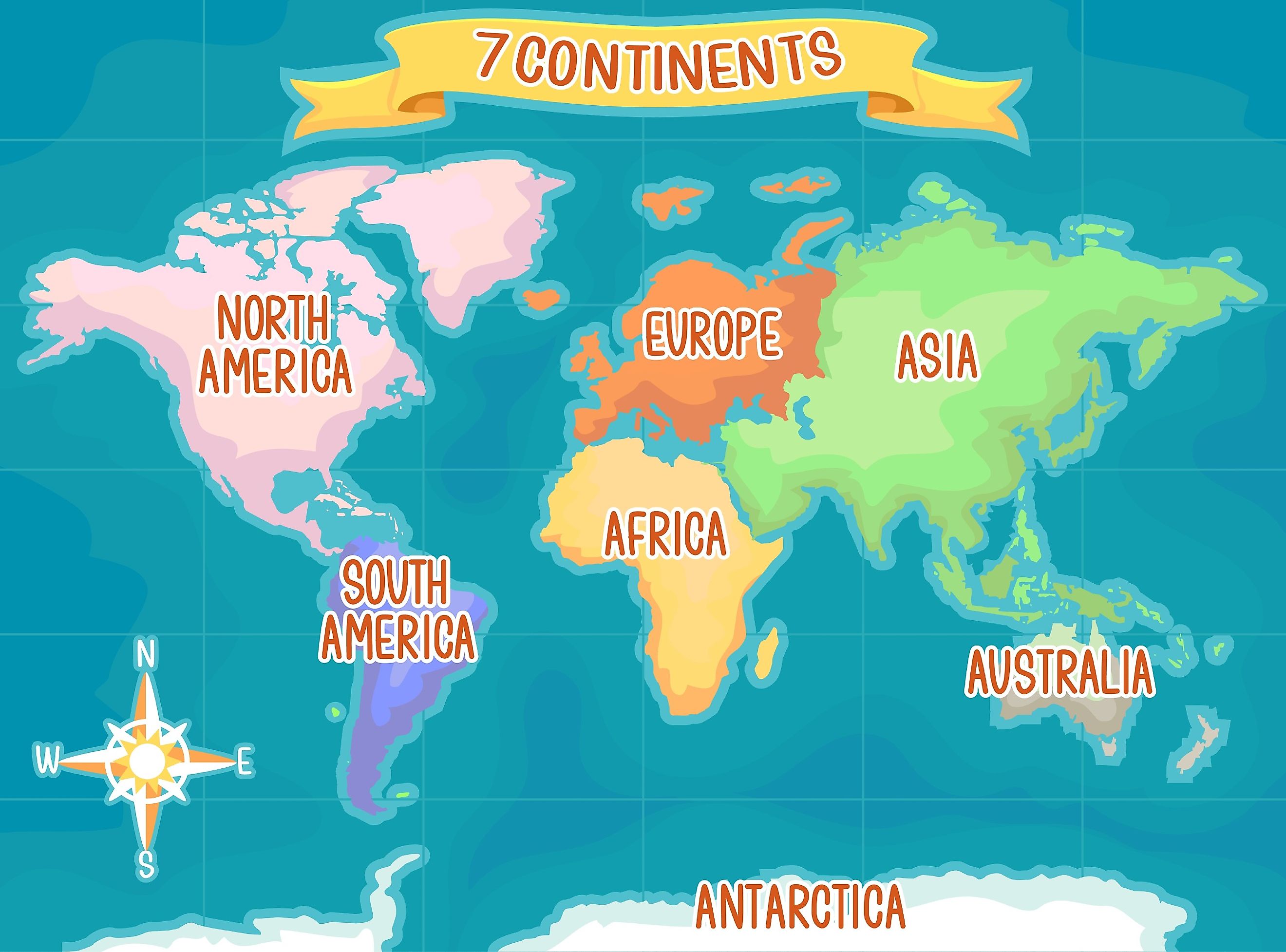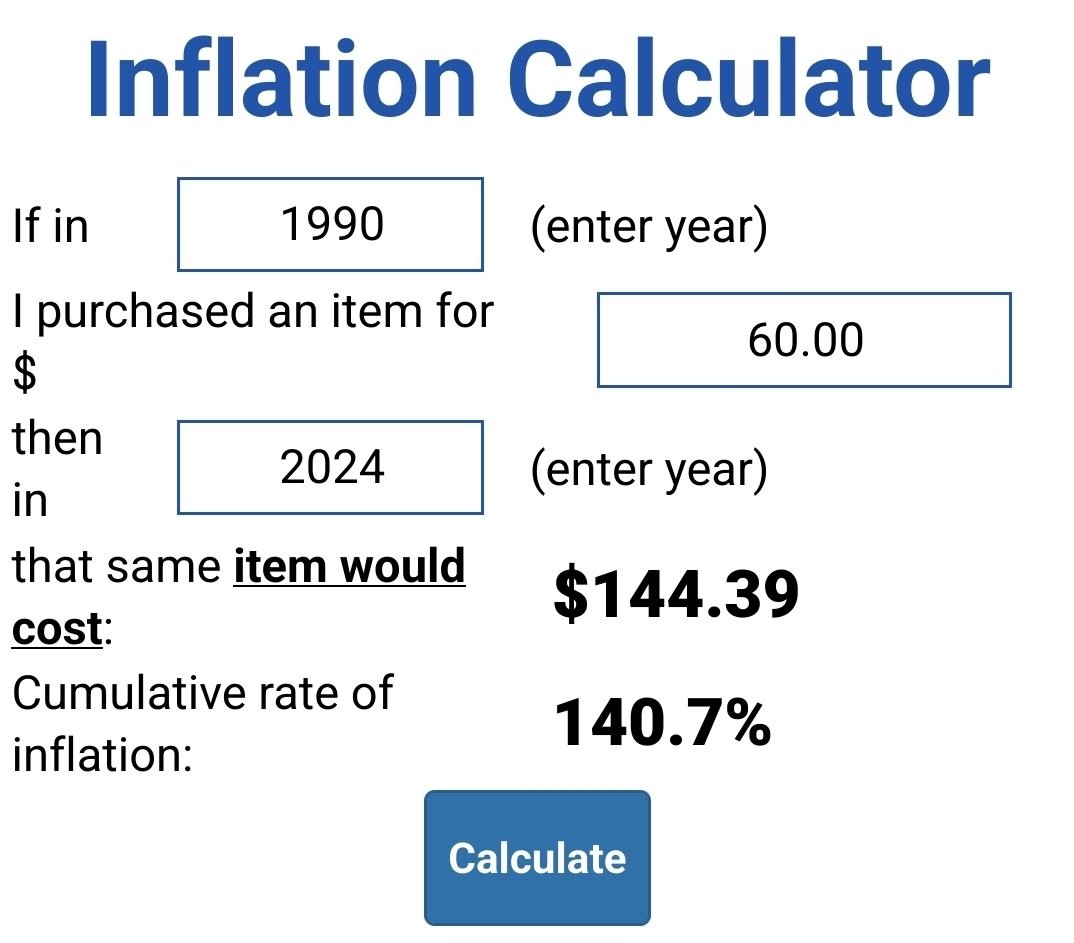- 4 Posts
- 269 Comments

 17·17 days ago
17·17 days agoIf you’ve heard the term ‘high explosives’ that refers to thoses that are supersonic while ‘low explosives’ are subsonic.

 61·19 days ago
61·19 days agoDidn’t realize I was on .ml till I saw this

 23·20 days ago
23·20 days agoThat is patently not what I was arguing. If they don’t raise the price past $60 they’ll just be incentivized to get it through predatory micro transactions.
And by arguing a business practice is unsustainable I’m not saying that entire industry pays employees in an equitable way.

 231·20 days ago
231·20 days agoContinent are fairly subjective. Some favor strictly connected lands (joining Eurasia). Others do it by the tectonic plates. Other by culture barriers drawing a line between Europe and Asia.
For the purposes of the post I simply meant to convey that the NA v SA distinction is widely accepted to be at the thinnest point between them. Which would include Central America w/ NA.

 96·20 days ago
96·20 days agoIf she marched for the cause of BLM adding another person from that group wouldn’t add a novel view point if that is already one of her own. As for the other groups you mentioned I think that they would be good additions. A homogeneous cabinet is pointless.

 61·20 days ago
61·20 days agoPerhaps my bolding and italics wasn’t enough. Was is in the past tense. As in not currently.

 83·20 days ago
83·20 days agoCabinet positions are advisory and have little actually power. And not everyone “who was a Republican” is a fascist.

 312·20 days ago
312·20 days agoAs others have pointed out:



 318·20 days ago
318·20 days agoI agree with the sentiment on wages keeping up but I think ultimately the price isn’t as important as the value. I’ve bought a games for $60 that I’ve got 2k+ hrs in. That’s about 3 cents an hour, which I like to compare to a $15 dollar movie ticket that’s ~2-3 hrs of entertainment ($5-7.5 hr)
Obviously not everyone, myself included, gets that much out of each game. But if some games costed $140 but did give 2k hrs of gameplay (7 cents per hr) I wouldnt be bothered. To be clear I don’t think disposable AAA should jack up prices, but if the price reflects the value offered I see no issue.
On the volume thing I think we’ll probably start to plateau in the next 30 years w/ % of the total world pop consuming games, and inflation will continue. I only wish to point out that the eternal $60 price tag is something that probably should end in our lifetimes.

 139·20 days ago
139·20 days agoNot sure this is really Onion material. Diversity of thought is very important. If elected a cabinet of yes men might do her some harm. Even one dissenting voice can at least demonstrate how non partymembers might react to her plans. Allowing her to cater them to better appeal to a larger amount of the nation’s people.

 2213·20 days ago
2213·20 days ago
The fact so much of the games industry has latch to $60 as ‘the price’ for decades is shocking. It’s an unsustainable practice and will increasingly make companies lean more on post launch predatory practices.

 4·25 days ago
4·25 days agoWord of mouth
Food scarcity is not a production problem. It is a political one.
It’s not a production problem it’s a logistics problem. It’s the ultimate last mile problem. Distributing food across the globe to even remote villages shouldn’t be the goal, self sufficiency trumps reliance. Environmental impacts aside, if the US has a problem halting transport for weeks that would result in global starvation of all who rely on the deliveries.
If that happens they’ll probably have all food imports halted. If they can’t support themselves during peace time they sure can’t in war.
If Kim would like for people to stop practicing to take down his regime maybe he should be more quiet about attempting to develop ICBMs.
Maybe they should start spending their missile program money on developing their nation’s agriculture rather than relying on food imports.
This Committee is meeting at a time when the international community is confronting one of the most serious food-security emergencies in modern history. Hunger is on the rise for the third year in a row, after a decade of progress. And now, for communities already experiencing poverty and hunger, the COVID-19 pandemic is disproportionately affecting lives by harming how people provide for themselves and feed their families – both today and long after the pandemic subsides. More than 35 million people in South Sudan, Somalia, the Lake Chad Basin, and Yemen are facing severe food insecurity exacerbated by the global pandemic, and in the case of Yemen, potential famine. The United States remains fully engaged and committed to addressing these complex crises.
This resolution rightfully acknowledges the hardships millions of people are facing, and importantly calls on States to support the emergency humanitarian appeals of the UN. However, the resolution also contains many unbalanced, inaccurate, and unwise provisions the United States cannot support. This resolution does not articulate meaningful solutions for preventing hunger and malnutrition or avoiding their devastating consequences.
The United States is concerned that the concept of “food sovereignty” could justify protectionism or other restrictive import or export policies that will have negative consequences for food security, sustainability, and income growth. Improved access to local, regional, and global markets helps ensure food is available to the people who need it most and smooths price volatility. Food security depends on appropriate domestic action by governments, including regulatory and market reforms, that is consistent with international commitments.
We also do not accept any reading of this resolution or related documents that would suggest that States have particular extraterritorial obligations arising from any concept of a “right to food,” which we do not recognize and has no definition in international law.
For these reasons, we request a vote and we will vote against this resolution.
https://usun.usmission.gov/explanation-of-vote-on-a-resolution-on-the-right-to-food/

 8·1 month ago
8·1 month ago-
Do they not like you for things intrinsic to your being or for you actions? If the former their opinion should hold little weight, if the later proceed to step two.
-
Reflect on why someone of their perspective might feel that way about your actions and assess the merits.
-
If you feel after sober contemplation that their critiques of your actions were well founded, adjust yourself going forwards. Otherwise remain as you were.
If it is as low as 5% I’d imagine it reflects more so on where they are in their lives, having little knowledge of the situation.
-






People don’t like when you punch down. When a 13 year old illegally downloaded a Limp Bizkit album no one cared. When corporations worth billions funded by venture capital systematically harvest the work of small creators (often with appropriate license) to sell a product people tend to care.